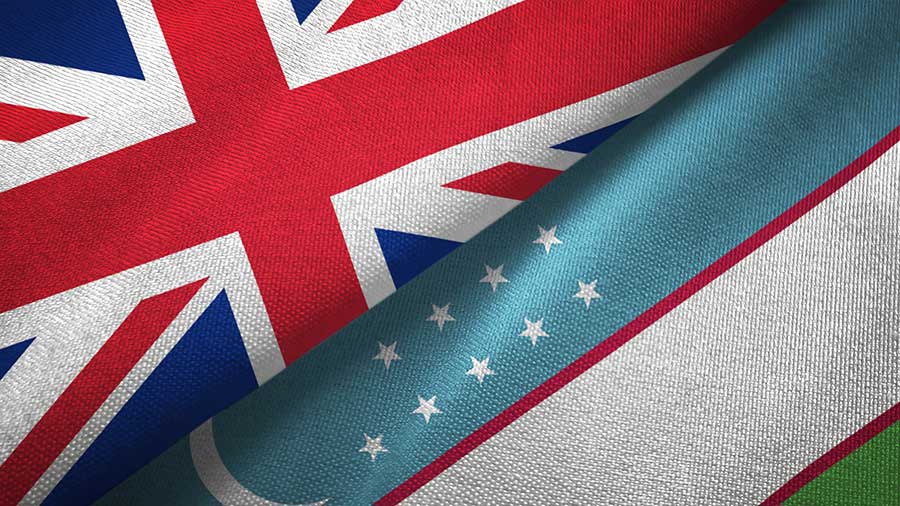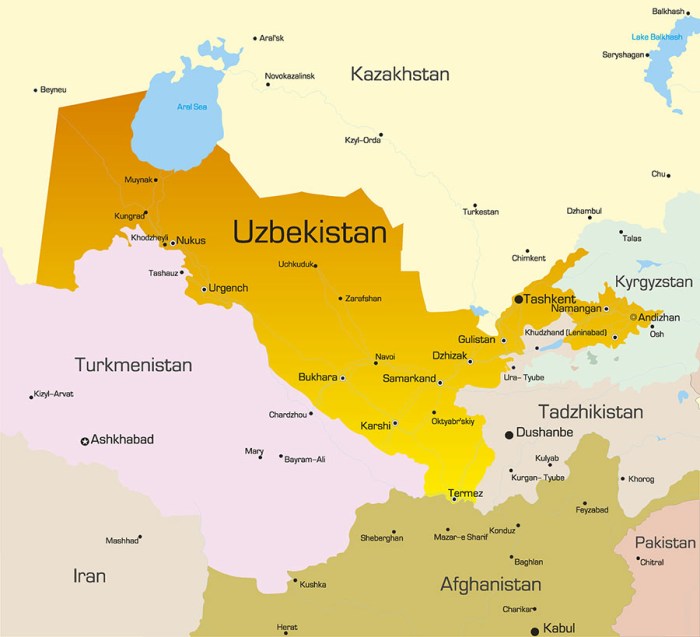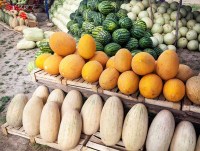UK Signs Trade Deal For 6,300 Products With Uzbekistan

By James Kilner
Lucky British consumers. Those wonderful Uzbek melons, considered the tastiest in the world by this correspondent, will be heading to supermarkets up and down the country soon. Or at least that is what the Uzbek and British governments hope.
They have both made much of Uzbekistan signing up to Britain’s Generalised System of Preferences Enhanced Framework (GSP EF). This is, essentially, a tariff cutting trade deal and it follows the EU’s own GSP+ scheme which admitted Uzbekistan in April this year. It is the British government’s post-Brexit vision of how it sees trade deals going down with developing economies and Uzbekistan is the first country in the world to sign up to it.

Under the deal, officials said that Uzbekistan will now be able to export 3,000 products to Britain tariff free and another 3,200 with reduced tariffs. The main products that will be heading to Britain from Uzbekistan under the deal will be fabrics – think bright and jazzy ikat – and agriculture products – melons and pomegranates. Like the EU scheme, Uzbekistan has to sign up to various regulations and safeguards – based around 27 international conventions on human rights, labour standards, good governance and the environment – to qualify for Britain’s GSP EF. This all sounds good and well, a win-win, but there are doubts about the veracity of the deal.

Perhaps this is more about optics than international trade or labour standards in Uzbekistan? The British government is desperate to show the world that it is making progress on post-Brexit trade deals and in Uzbekistan it has found a willing partner. Under President Shavkat Mirziyoyev, Uzbekistan is very keen to show it has made advancements since the dark days of Islam Karimov when the country’s cotton was picked by forced labour and a dual currency system and restrictions on movement kept people in near servitude. Doubtless, there have been many improvements over the past five years in Uzbekistan but have there been enough for this high-profile trade deal? It remains to be seen whether the British and EU GSP schemes will help reforms inside Uzbekistan or not, or even if Britons will soon be able to pick up melons from the Ferghana Valley at their local Tesco.
This article is kindly provided by James Kilner of the Central Asia & South Caucasus Bulletin. To visit his excellent publication please click here.
Related Reading
About Us
Silk Road Briefing is written by Dezan Shira & Associates. The firm has 28 offices throughout Asia, and assists foreign investors into the region. For strategic advisory and business intelligence issues please contact the firm at silkroad@dezshira.com or visit www.dezshira.com





